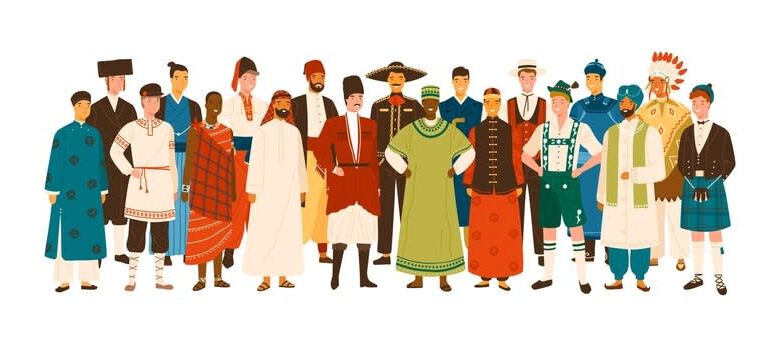Building Stronger Communities through Traditional Leadership | Abipa Family Trust

Communities thrive when they are guided by strong, ethical, and culturally rooted leadership. Traditional leadership has played a vital role in fostering unity, promoting social harmony, and ensuring the well-being of societies for centuries. In modern times, traditional leaders continue to serve as the bridge between history and progress, helping communities embrace development while preserving their cultural values. Organizations like Abipa Family Trust recognize the significance of traditional leadership and work to strengthen its role in community development.
The Role of Traditional Leadership in Community Building
Traditional leadership is deeply embedded in the social fabric of many societies. These leaders, often elders, chiefs, or custodians of customs, are respected for their wisdom and ability to mediate conflicts, enforce cultural norms, and promote communal development. Unlike political leaders, whose tenure is often short-lived, traditional leaders provide continuity, ensuring that community values and long-term goals remain intact.
- Conflict Resolution and Peacekeeping: Traditional leaders act as mediators, resolving disputes within families and communities. Their knowledge of local customs and history allows them to find fair and lasting solutions, reducing the need for formal legal interventions.
- Cultural Preservation: In an age where globalization threatens indigenous traditions, traditional leaders ensure that customs, languages, and practices are passed down to future generations. They play a key role in organizing cultural ceremonies, storytelling, and educating the youth on their heritage.
- Community Development and Welfare: Many traditional leaders engage in community-driven initiatives, such as improving education, health services, and infrastructure. By collaborating with organizations like Abipa Family Trust, they help implement sustainable programs that benefit their people.
Challenges Facing Traditional Leadership in the Modern Era
Despite their significance, traditional leaders face numerous challenges in today’s world. These challenges threaten their influence and ability to effectively serve their communities.
- Erosion of Authority: In many regions, governments have introduced policies that limit the authority of traditional leaders. As legal frameworks evolve, traditional leadership structures sometimes clash with modern governance, creating uncertainties about their role.
- Modernization and Changing Social Norms: With urbanization and digital advancements, younger generations may not value traditional leadership as much as previous ones did. Many young people relocate to cities, leaving behind rural communities that once thrived under traditional governance.
- Lack of Resources and Support: Unlike political leaders who receive government funding, many traditional leaders struggle with limited resources. Organizations such as Abipa Family Trust aim to address this issue by providing support to traditional leaders, ensuring they have the tools needed to continue their invaluable work.
Strengthening Traditional Leadership for Future Generations
To ensure that traditional leadership remains a cornerstone of strong communities, steps must be taken to adapt to modern realities while preserving its core values.
- Collaboration with Government and Organizations: Traditional leaders should work alongside governments and non-governmental organizations to create policies that recognize their roles. Partnerships with entities like Abipa Family Trust can lead to joint efforts in improving education, healthcare, and infrastructure.
- Embracing Technology: To stay relevant, traditional leaders can use modern technology to communicate with their people, document cultural knowledge, and engage younger generations. Social media, digital storytelling, and online education platforms can help bridge the gap between tradition and modernity.
- Education and Capacity Building: Providing leadership training for traditional rulers will help them better navigate contemporary challenges. Programs that equip them with skills in governance, economic development, and conflict resolution can enhance their effectiveness.
Conclusion
Traditional leadership is a timeless institution that continues to play an essential role in building stronger communities. By preserving cultural heritage, resolving conflicts, and promoting development, traditional leaders contribute to social stability and progress. Despite the challenges they face, with the right support and adaptation strategies, their influence can be sustained for generations to come. Abipa Family Trust stands as a key supporter of traditional leadership, ensuring that it remains a beacon of unity and development in communities. Through collaboration, education, and innovation, traditional leaders can continue to be the guardians of their people’s heritage while leading them toward a prosperous future.
Source link

